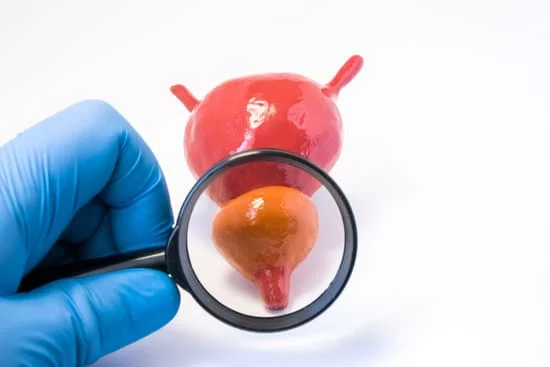Are You Suffering from an Enlarged Prostate?
Are you a man over the age of 50? You may be at risk of benign prostatic hyperplasia (BPH). This condition is caused by an enlarged prostate that grows to the point that it starts to put pressure on your urethra and bladder.
Fortunately, there’s hope! Our doctors have helped thousands of men with BPH get back to enjoying life again through various treatments including lifestyle modifications, medications, minimally invasive procedures and various surgical options.
Don’t let this condition stop you from living your best life – call us! Call us at 423-472-3201 to make your appointment.
You may have Benign Prostatic Hyperplasia (BPH)
BPH is a condition that only affects men and simply means an enlarged prostate. It is not prostate cancer! It is a benign (non-cancerous condition) and is not prostate cancer.
The prostate gland is located below the bladder and two tubes pass through it. The first is the urethra which carries urine from the bladder to the penis and the second is the ejaculatory duct, which carries semen from the prostate to the penis.
The prostate produces a fluid that makes up 70% of semen. This may be confusing to some since most generally believe that the testicles produce semen. However, the testicles only produce sperm, which travels to the prostate and is mixed with fluid produced by the prostate. The fluid and sperm are ejaculated together as semen.
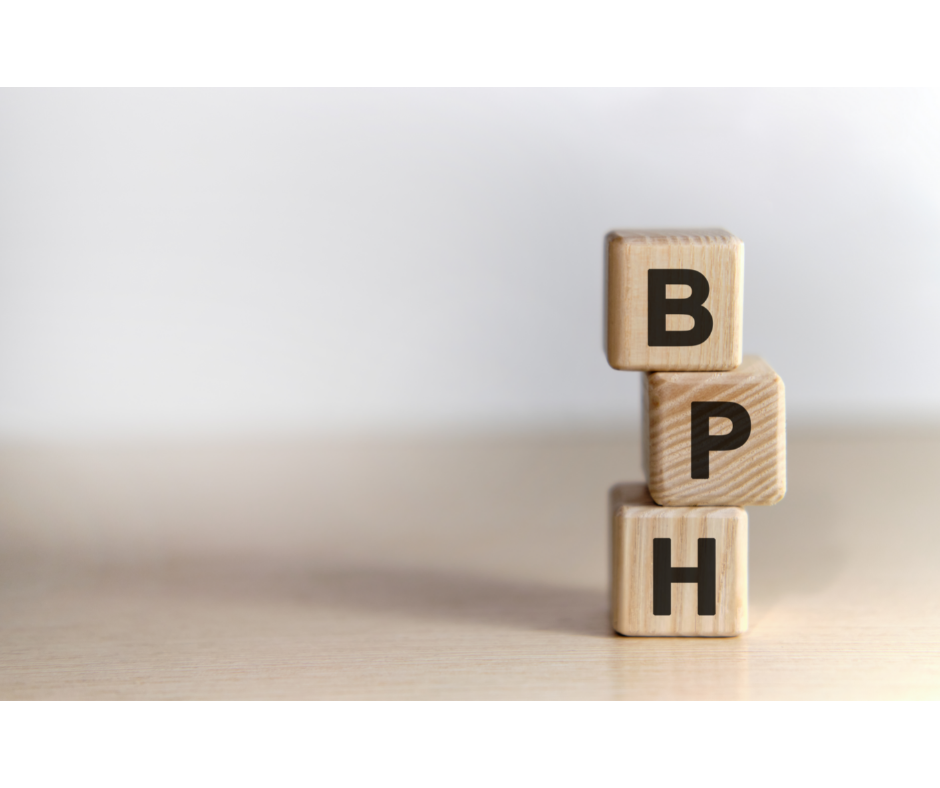
Stop worrying about what's wrong. Take action today!
How will I know I have BPH?
To have BPH or benign prostatic hyperplasia, you need two things: an enlarged prostate and symptoms of a swollen prostate.
Symptoms of BPH are usually slow to develop but can become progressively worse over time. If you experience frequent or urgent urination — also known as urinary frequency — at least every other day then it’s likely that you have some degree of BPH. Other warning signs include sudden urges to urinate and painful or difficult urination.
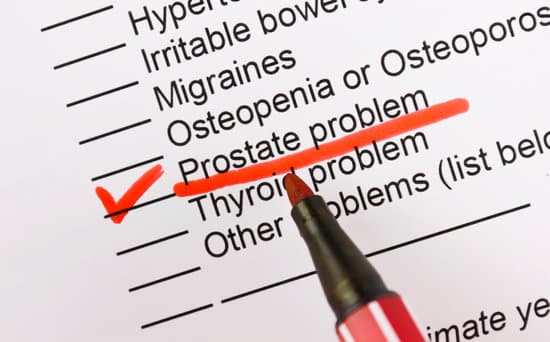
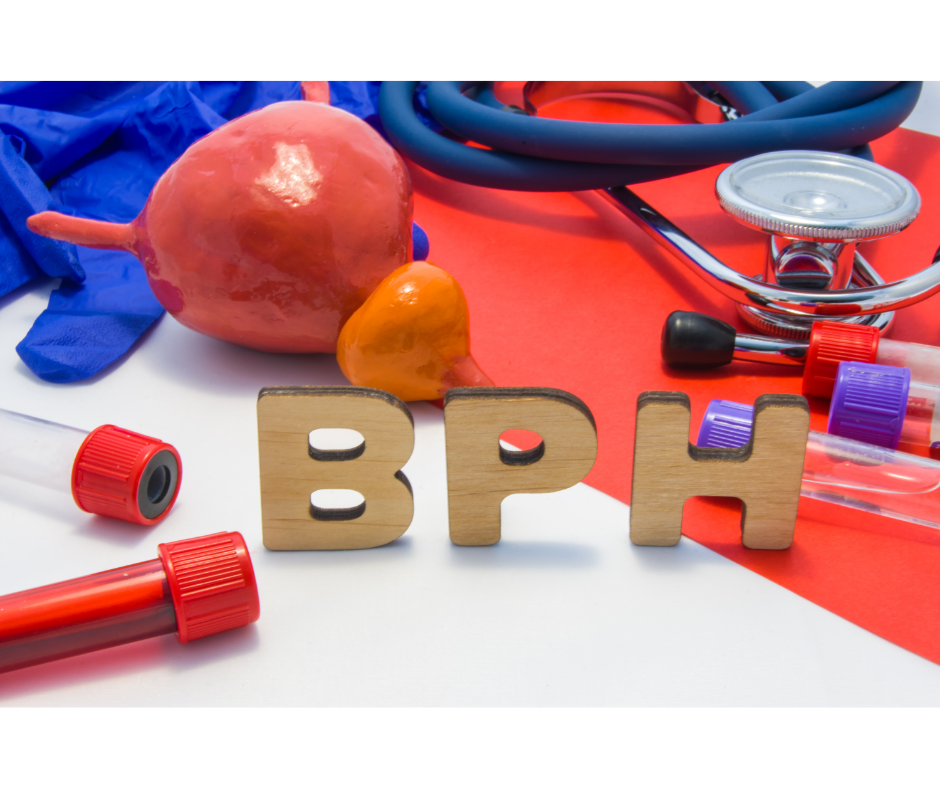
What Are The Most Common BPH Symptoms?
BPH symptoms occur when the enlarged prostate applies pressure to the tube-like structures that pass through it. As the urethra is compressed, you will experience symptoms such as:
- Difficulty urinating or pain when urinating
- Urgent need to urinate or sudden urges to urinate during sleep
- Dribbling after you have finished urinating
- Weak stream (urine flow is not strong and requires you to stand closer to the toilet or urinal)
- Urine comes out in small amounts and so you need to go to the bathroom frequently as your bladder is never voided completely.
What Causes BPH?
No one knows what causes BPH, but research suggests that it may be hereditary. This means that men who have close family members with BPH are more likely to develop the condition themselves.
Other risk factors include age and ethnicity. According to research presented at an American Urological Association meeting, Caucasians have a greater risk of developing BPH than African-Americans or Asian-Americans.
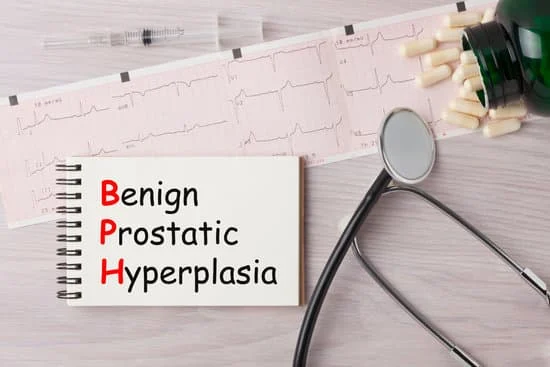

Can you prevent BPH?
If you have a family history of BPH, it might be worth making these changes yourself to avoid prostate problems. Some studies suggest that certain lifestyle changes may help prevent some BPH cases. Some strategies shown to be effective are:
- Regular exercise
- Low fat and red meat diet
- Eating more vegetables and proteins
- Avoid or limit alcohol intake
Benign Prostate Hyperplasia Treatment
There are many different medications, surgical procedures, lifestyle, and diet changes to consider for treating an enlarged prostate. Depending on the severity of your condition and BPH symptoms, your doctor may recommend other treatments before recommending surgery.
In many cases, diet and lifestyle changes can alleviate mild to moderate symptoms. However, if your condition continues or becomes more severe, your doctor might recommend medications such as alpha-blockers like tamsulosin and 5-alpha reductase inhibitors like finasteride. They may also suggest minimally invasive procedures, such as Urolift or Rezum. If these options are not suitable or the symptoms are very severe then you may need surgery.
The aim of surgery is to remove excess tissue from your prostate using different techniques such as transurethral resection of the prostate (TURP), laser-assisted techniques, or ablation methods that destroy tissue. Your doctor can help you decide which is right for your prostate problems.
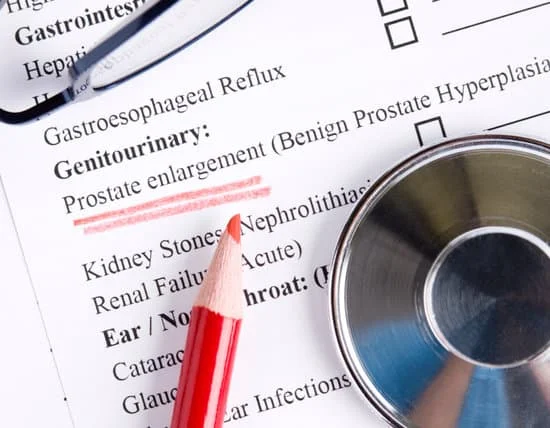

Can you treat BPH naturally?
It’s important that you see a doctor before you try any natural or over-the-counter treatments on your own. Your doctor will be able to suggest strategies that are right for your condition and symptoms.
Once you’ve seen your doctor, they may suggest diet and lifestyle changes that may help alleviate mild to moderate BPH symptoms. However, you should avoid taking supplements without a doctor’s supervision if you’re on other medications, as they can cause interactions.

